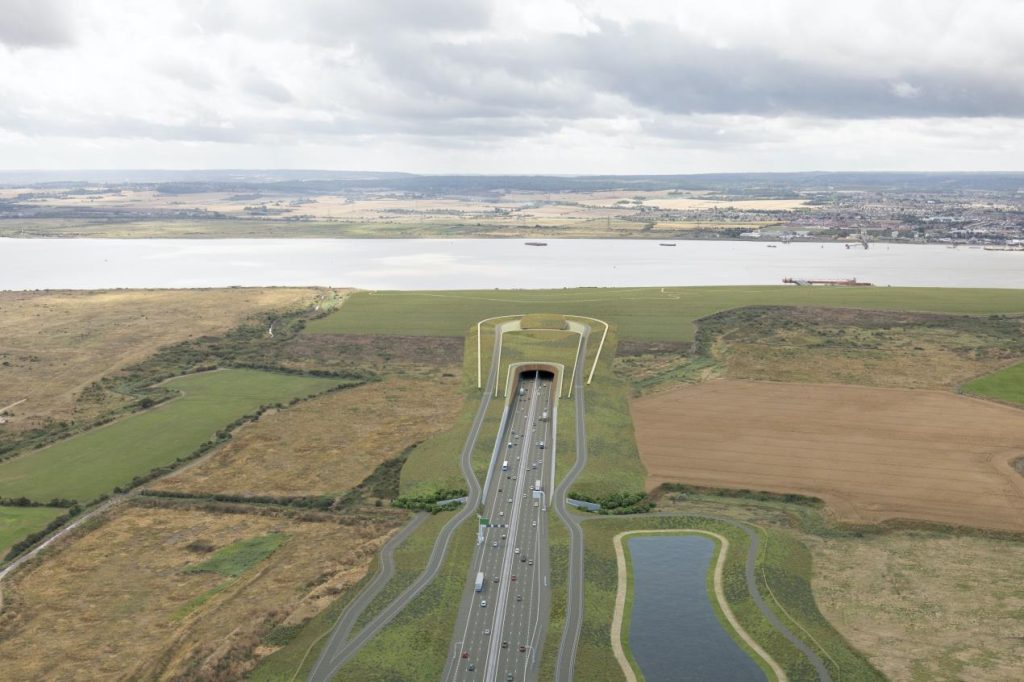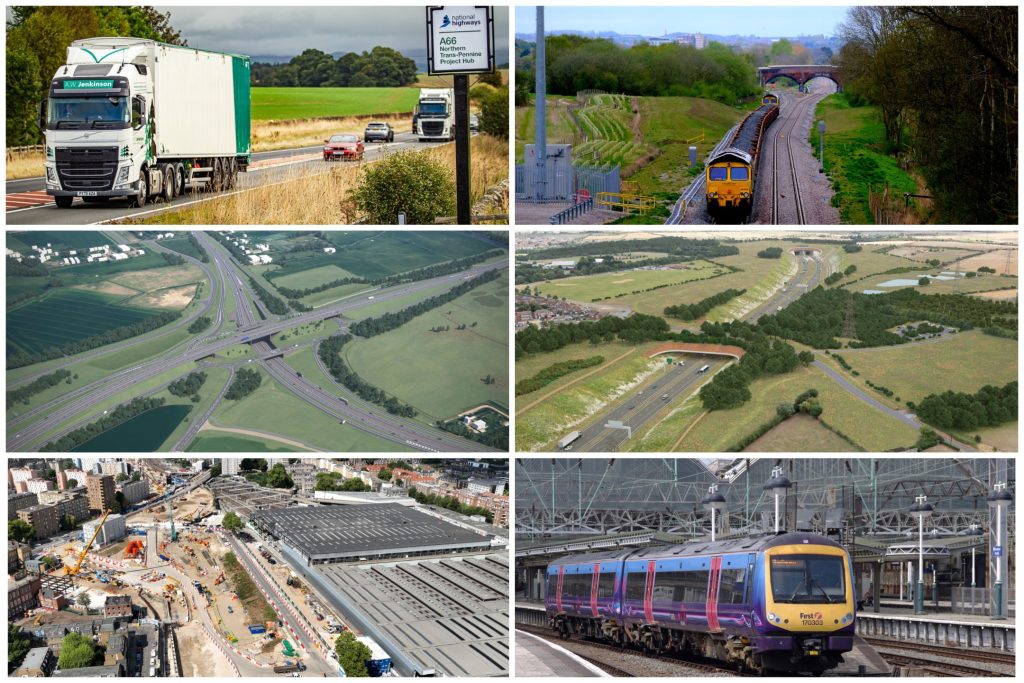National Highways accused of attempting to ‘influence’ Lower Thames Crossing DCO decision

This post was originally published on this site

Campaigners have reported National Highways to the road regulator for “inappropriate attempts to influence the decision making process” on whether to grant development consent order (DCO) for the £9bn Lower Thames Crossing (LTC) as the deadline looms.
Transport secretary Louise Haigh has until this Friday, 4 October, to make a decision on whether to grant permission to proceed on the major road project, which will involve 23km of new roads and a tunnel under the Thames between Kent and Essex.
The DCO application was submitted in November 2022 and the Planning Inspectorate submitted its recommendation to the secretary of state in March this year. The decision was delayed in April and then again in May due to the General Election.
With the decision expected to be announced in the next couple of days, campaign group Transport Action Network (TAN) has written to the Office of Rail and Road (ORR) about what it perceives as National Highways “attempting to interfere with and undermine the democratic decision making process for the Lower Thames Crossing DCO”.
TAN said that National Highways is contradicting evidence it submitted to the DCO examination and is making “unsubstantiated, unevidenced and misleading claims” that are “misleading industry, the public and the media”.
It further complained that National Highways is “using public funds to lobby government in pursuit of its own aims”.
These alleged offences are traced back to a recently published promotional brochure about LTC that TAN said inflated the project’s economic benefits and the costs of congestion at the Dartford crossing. It said that National Highways did not provide any methodology or evidence for these claims.
TAN added that, in making these claims, National Highways “is not following government guidance or policy” and “is not acting in a transparent manner, contrary to it Licence and the conclusions of the recent ORR investigation”.
The ORR confirmed that it had received TAN’s complaint as in the process of reviewing it.
National highways was contacted for comment.
TAN director Chris Todd said: “This outrageous behaviour by National Highways smacks of desperation. It must realise that while things are bad at Dartford its so called solution simply does not add up. If it did, there would be no reason for it to resort to its fantasy economics. It would not need to be plucking figures out of thin air to try and bolster its case.
“As a government company it is wasting public funds trying to influence the decision. We believe that this is an abuse of its position and are asking ORR to look into this. We’re also calling for National Highways to be forced to publish its assumptions and workings behind its economic case, not just for the LTC, but for all schemes. All too often it is keeping this information secret and subverting the democratic scrutiny of its proposals.”
Last month TAN wrote to the transport secretary demanding the cancellation of £15bn worth of major road projects, including LTC.
Lower Thames Crossing to date
The LTC scheme will be the nation’s largest ever road scheme if it goes ahead, with a 3.4km long tunnel under the Thames.
National Highways spent nearly £300M and seven years developing the DCO for the project, which elapsed in two stages as its first attempt was withdrawn in November 2020 before a decision could be made. It was resubmitted in November 2022 and is the largest DCO application ever seen, reportedly running to nearly 360,000 pages.
The Lower Thames Crossing project has been divided into three main contracts. Balfour Beatty was awarded the £1.2bn Roads North of the Thames contract, Skanska was awarded the £450M Kent Roads contract and Bouygues-Murphy joint venture was awarded the £1.3bn tunnelling contract.
The project’s tunnels technical director Keith Bowers told NCE earlier this year that the latest tunnelling technology will be used on the Lower Thames Crossing.
The Lower Thames Crossing project is also intended to be a pathfinder project for carbon neutral road construction, utilising hydrogen power.
With the government facing a £22bn black hole in its finances, it has been suggested that it will investigate private finance models to fund the delivery of LTC.
Like what you’ve read? To receive New Civil Engineer’s daily and weekly newsletters click here.





Responses